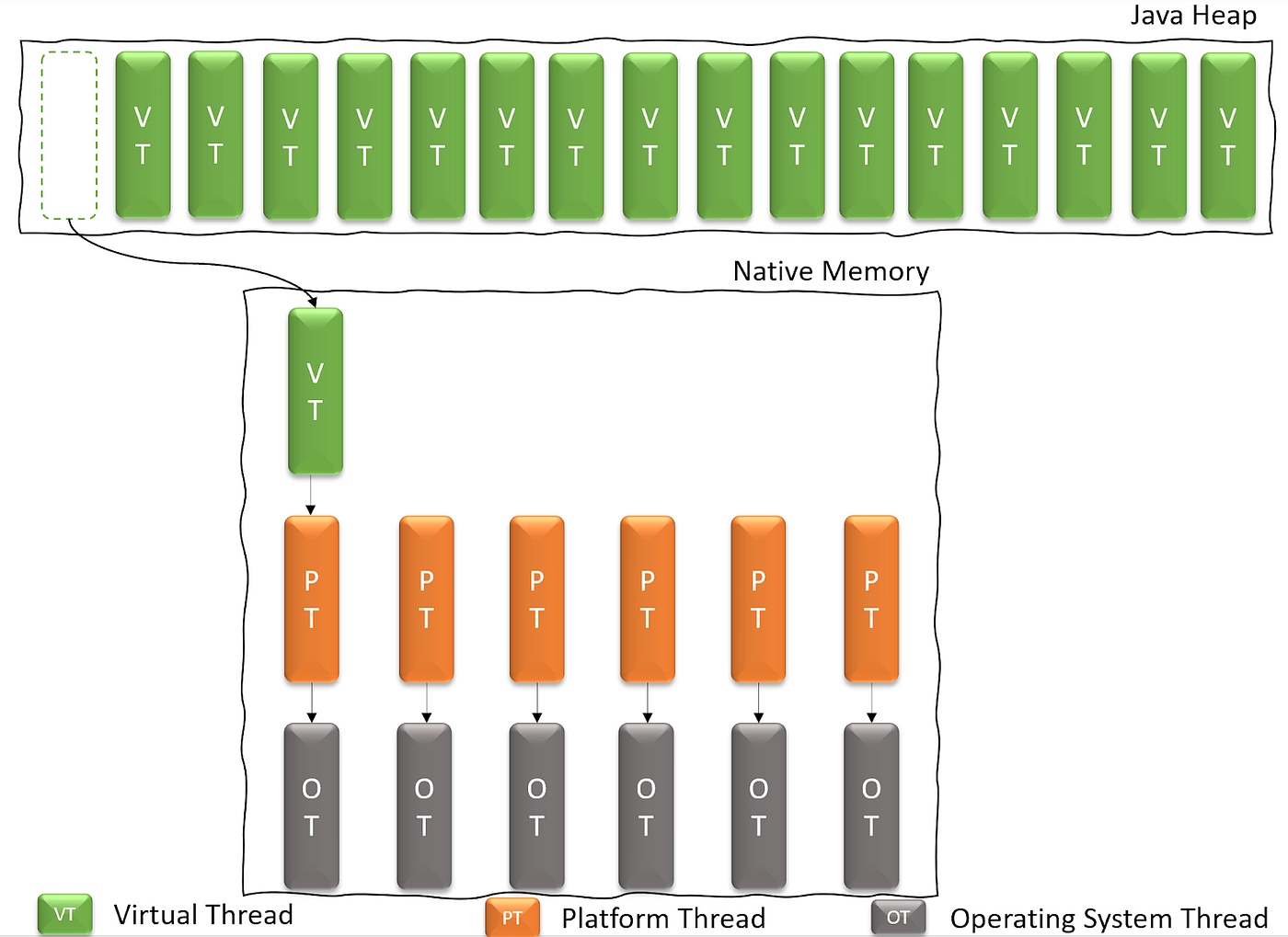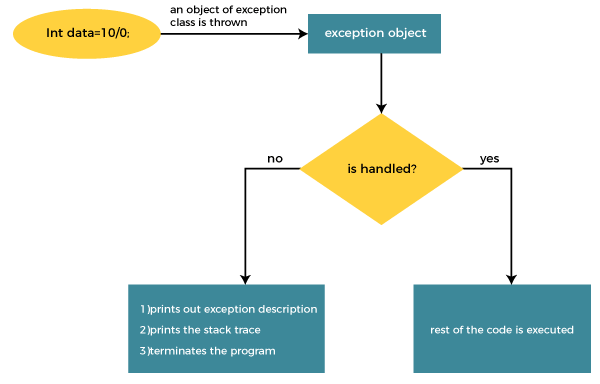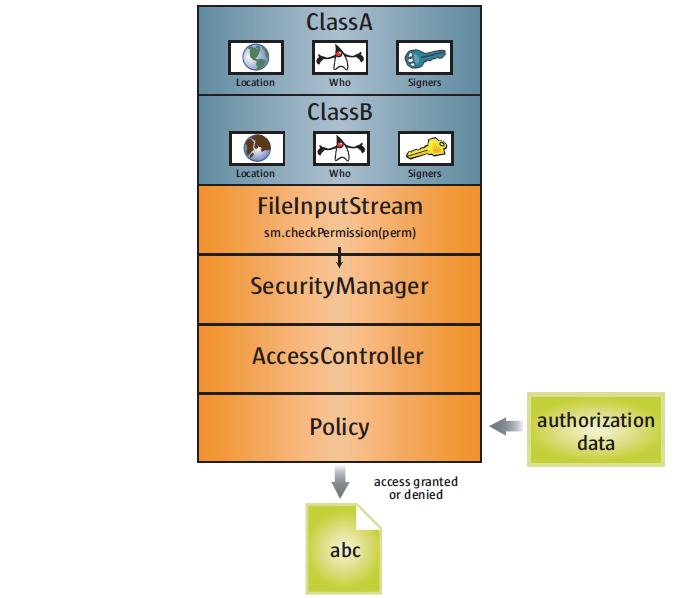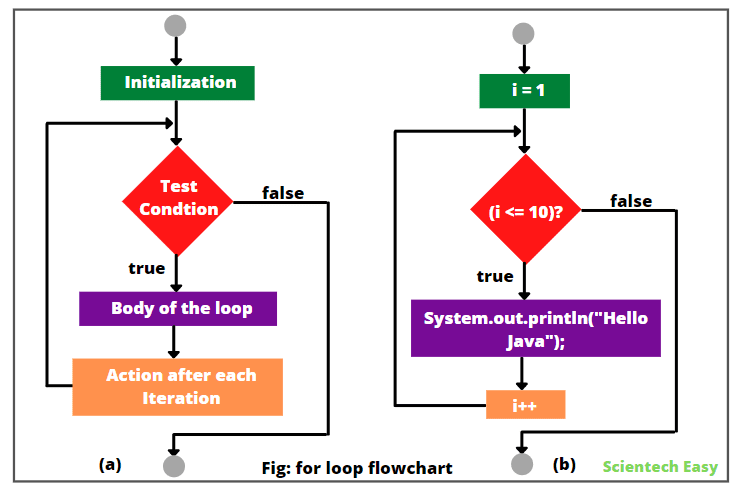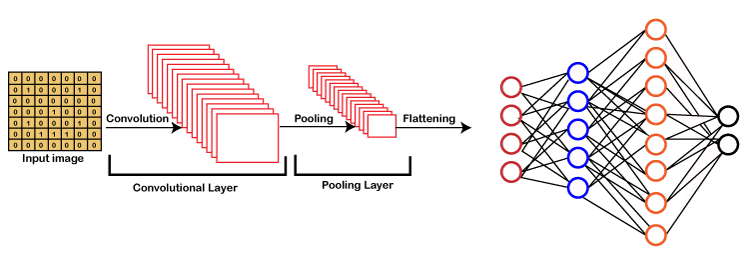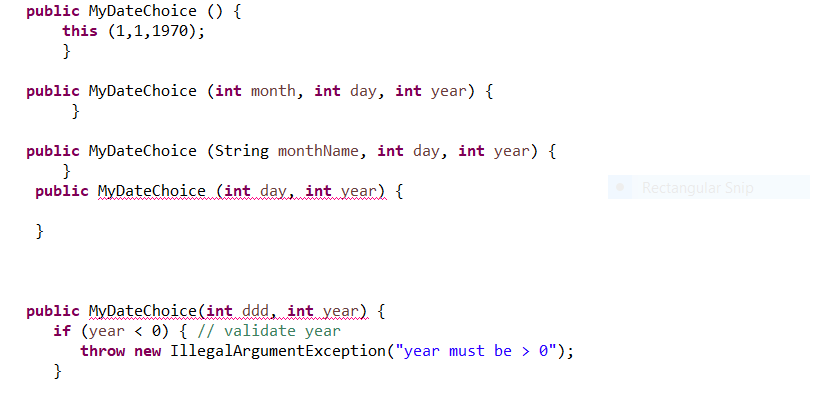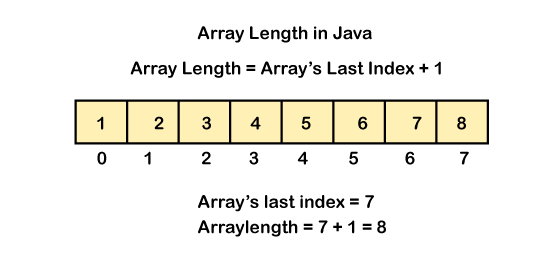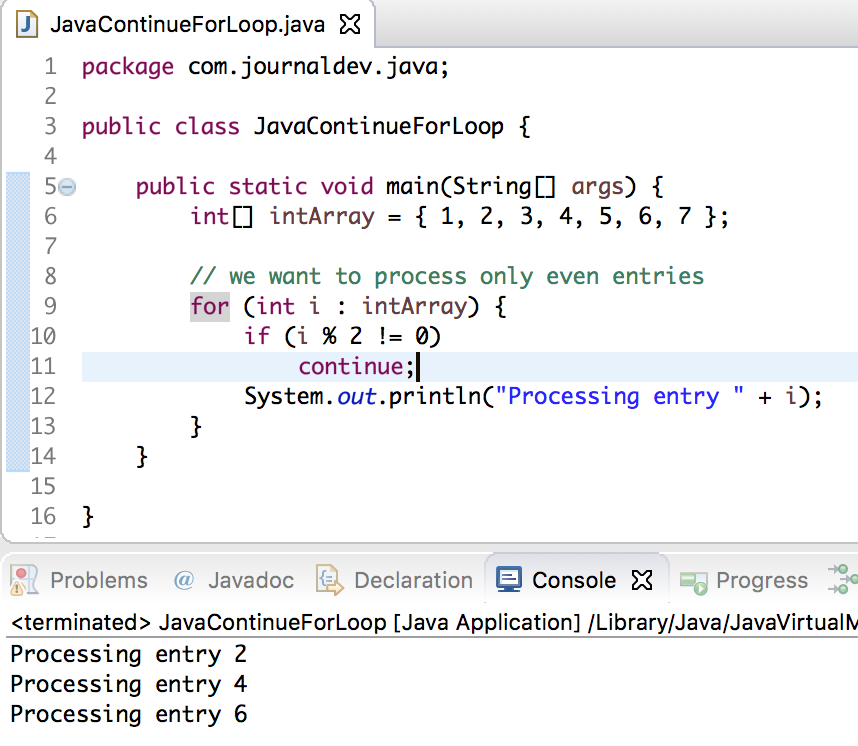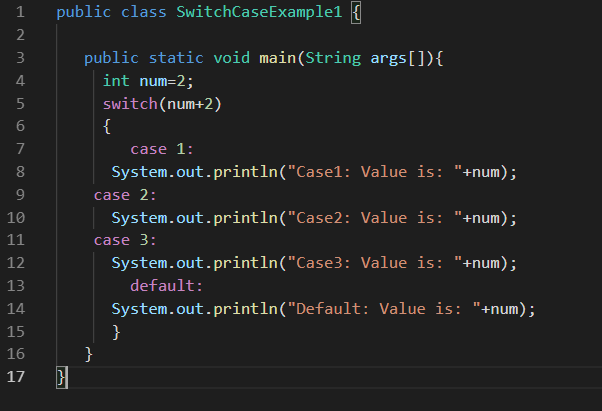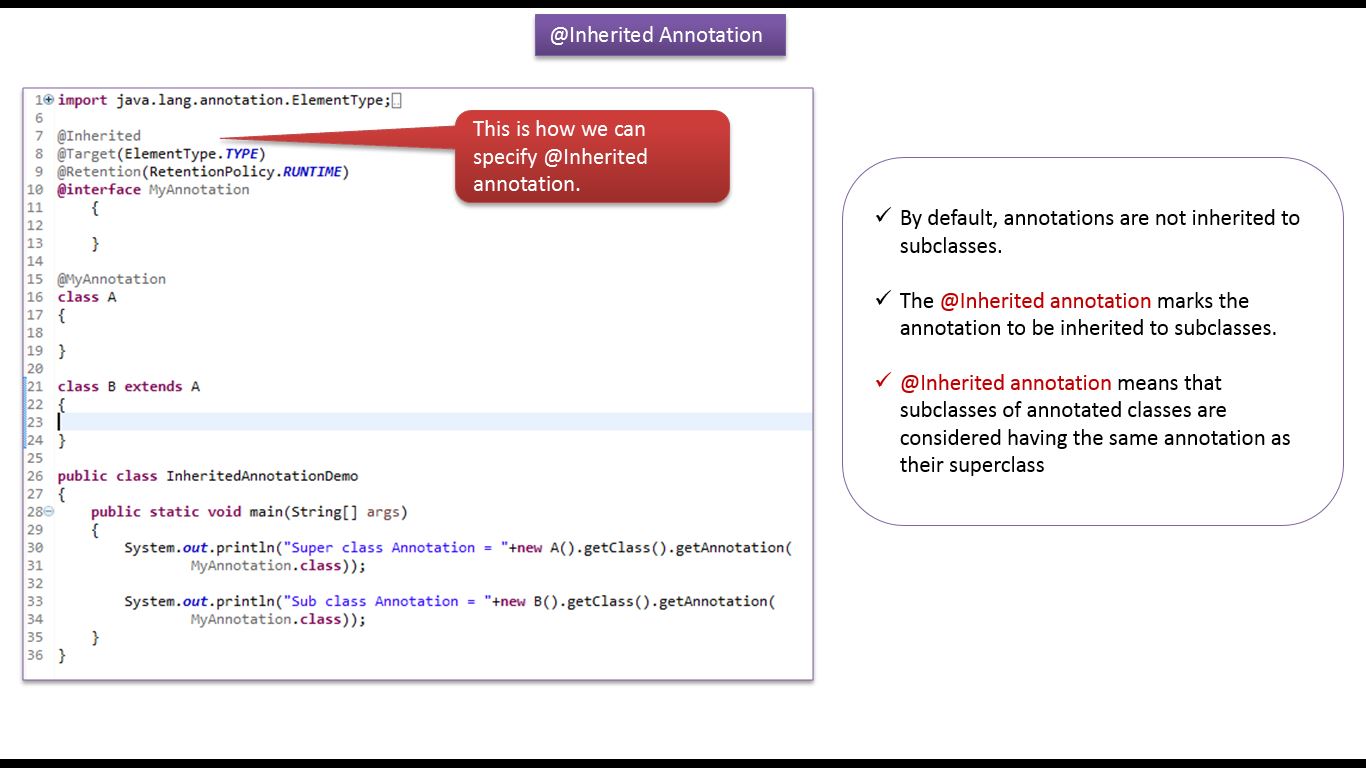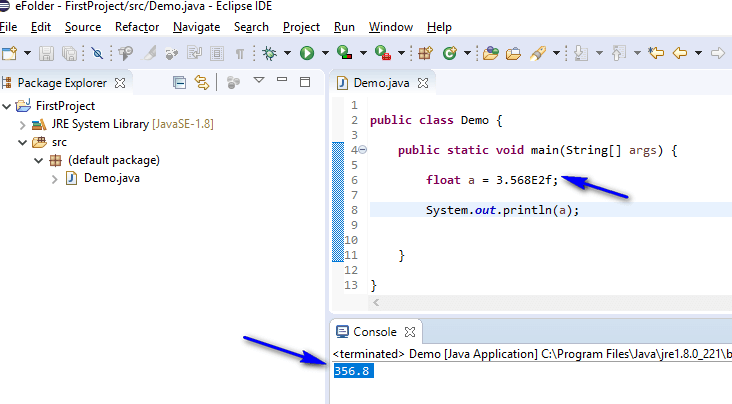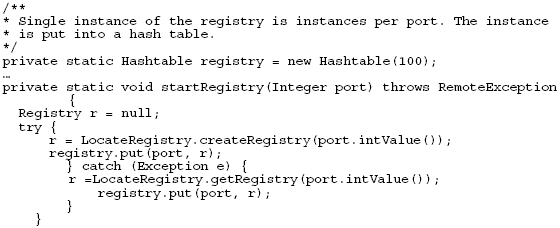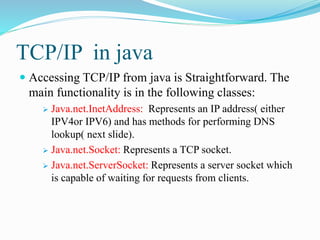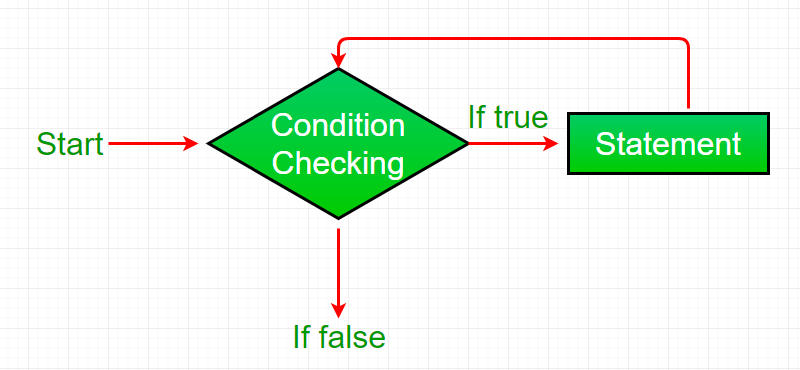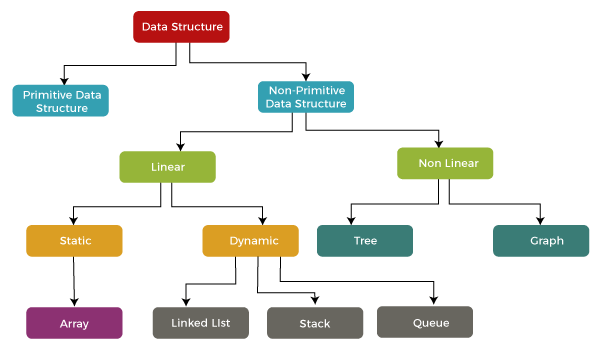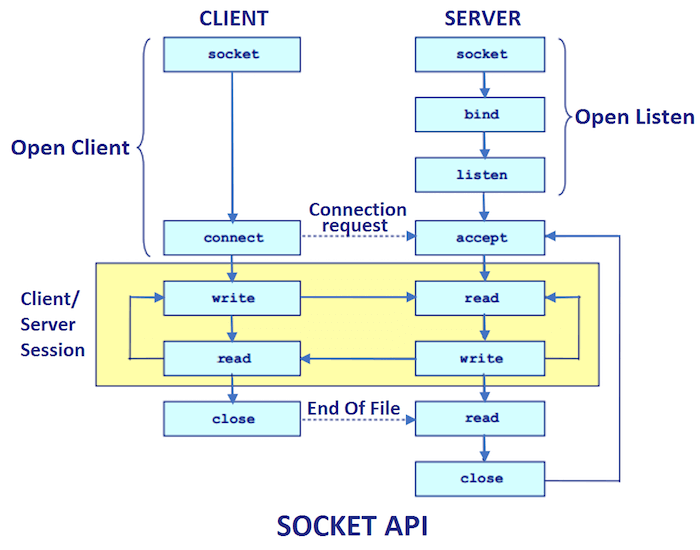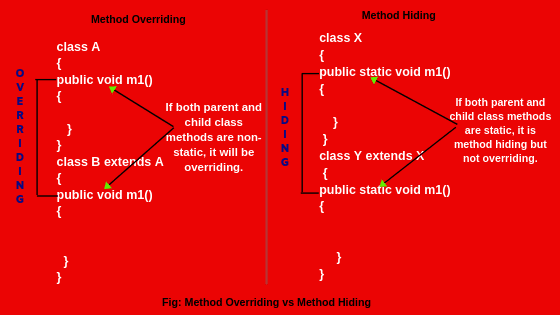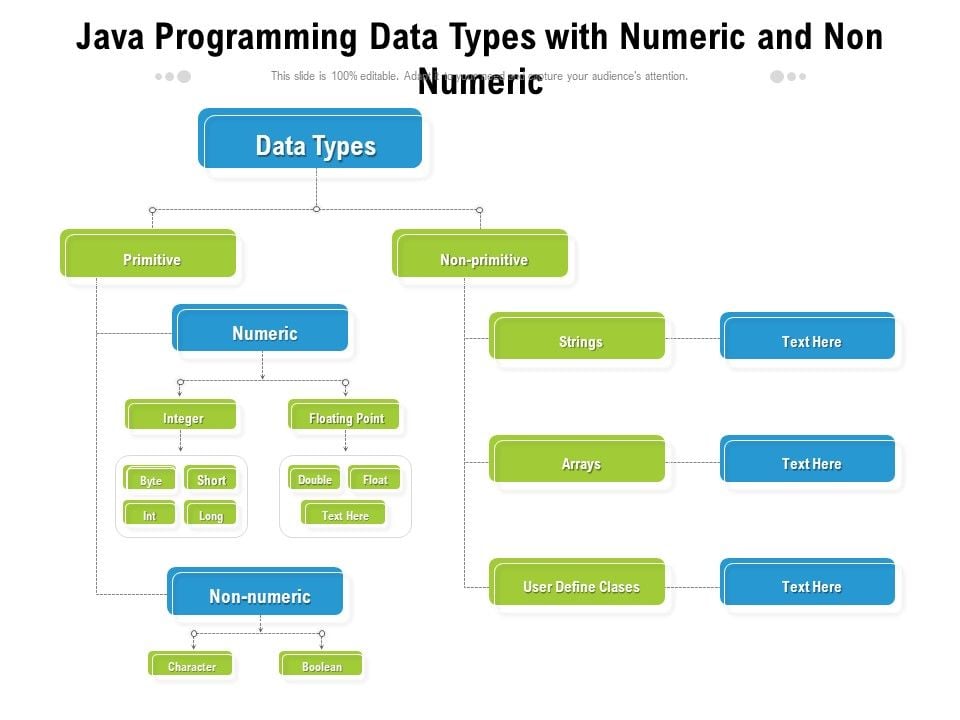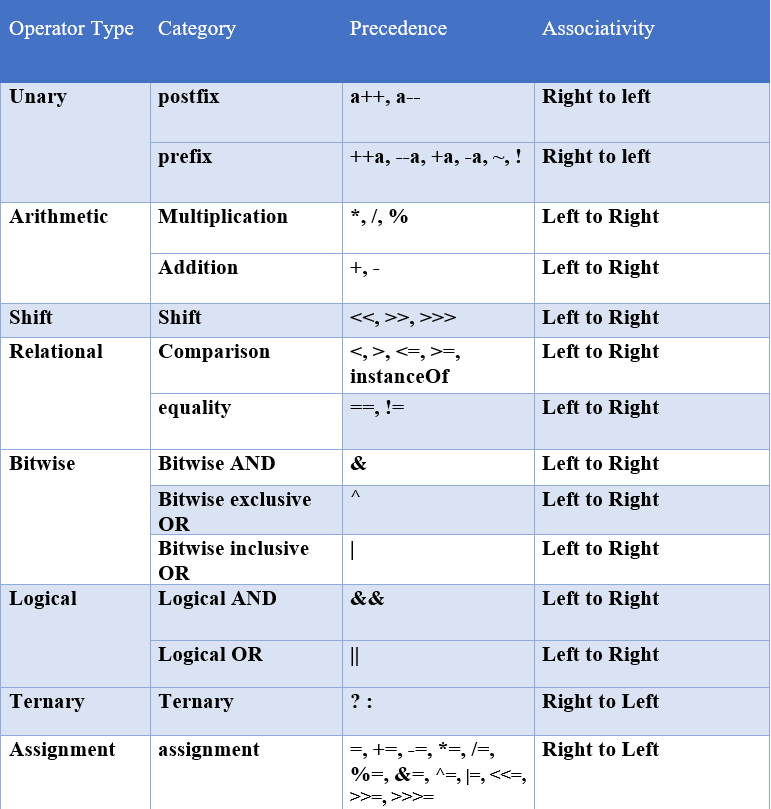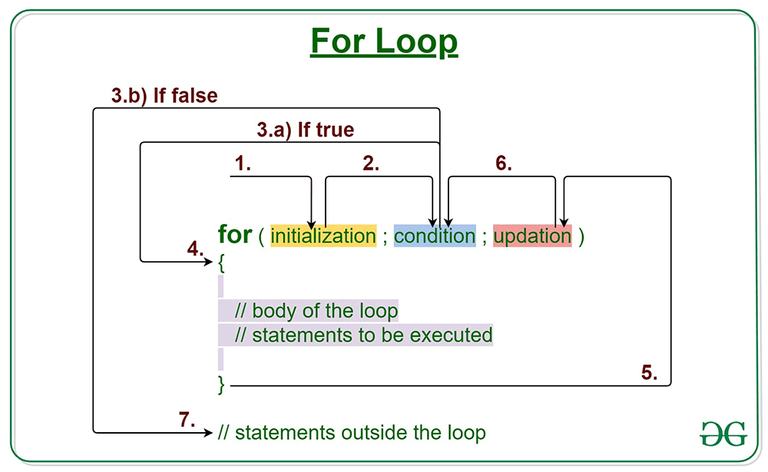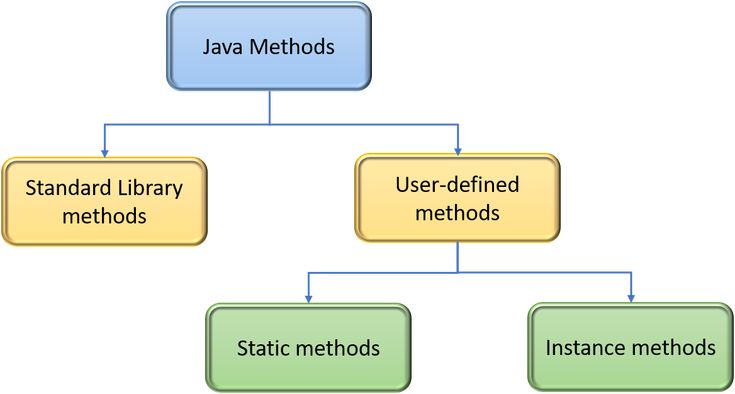What is the difference between instance variable and reference variable in Java?
What is the difference between instance variable and reference variable in Java?
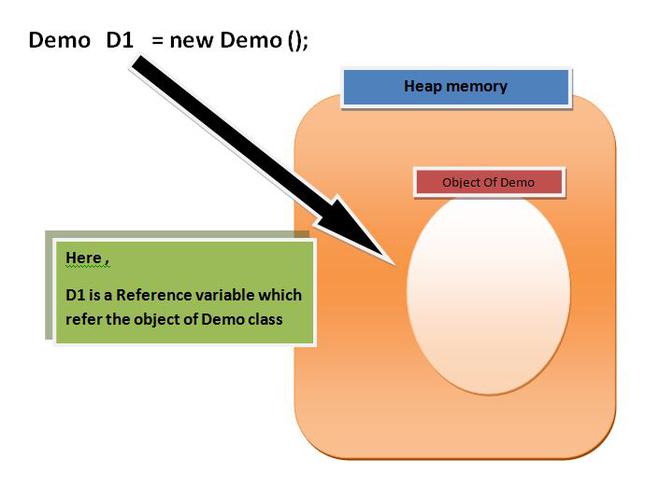
I'm glad you asked!
In Java, variables can be broadly categorized into two types: Primitive Variables (also known as Value Variables) and Reference Variables (also known as Instance or Non-Primitive Variables). The primary difference between these two lies in their scope, lifetime, and storage.
Primitive Variables (Value Variables)
Primitive variables are the simplest type of variable. They directly store values of a specific data type, such as int, double, char, etc. These variables are stored in memory locations and do not reference any other memory location or object.
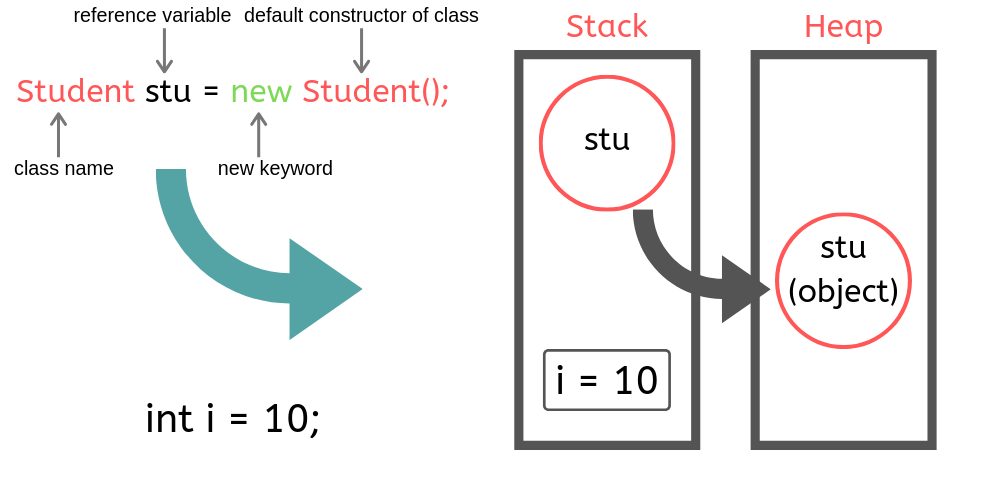
Key characteristics:
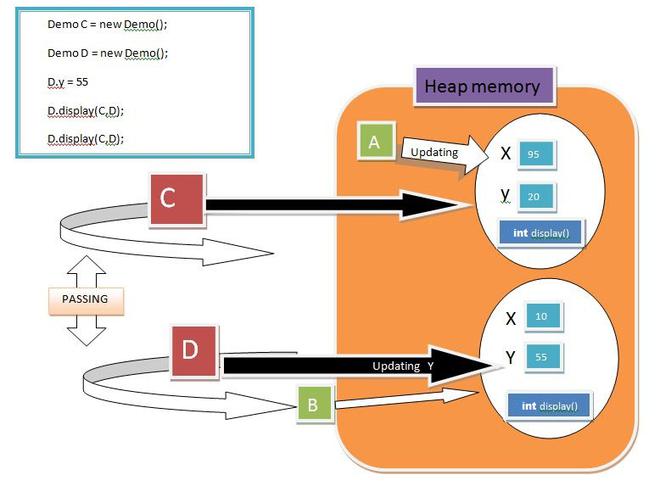
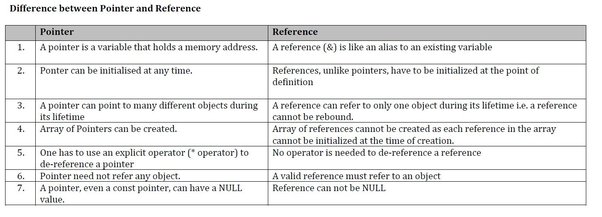
Examples of primitive variables include int x = 5;, double y = 3.14;, and char c = 'A';.
Reference Variables (Instance or Non-Primitive Variables)
Reference variables, on the other hand, store references to objects. They do not store the actual values but rather point to a location in memory where the object's data is stored.
Key characteristics:
References objects: They store references to objects. Object storage: The actual object data is stored somewhere else in memory. Scope extends: Their scope can extend beyond the method or block where they are declared, as long as the object remains in scope.Examples of reference variables include String str = "Hello";, Person p = new Person();, and ArrayList<String> list = new ArrayList<>();.
Key differences
Value vs. Reference: Primitive variables store values, while reference variables store references to objects. Scope and Lifetime: Primitive variable scope is generally limited to the method or block where they are declared, whereas reference variables can have a longer scope if the object remains in scope. Storage: Primitive variables store their values directly in memory, while reference variables store references to objects, which are stored elsewhere in memory.In conclusion, understanding the differences between instance (reference) and value variables is crucial for effective Java programming. While both types of variables have their own uses and limitations, knowing when to use each can help you write more efficient, readable, and maintainable code.
What is local variable and instance variable in Java with example?
In Java, variables can be categorized into two types: local variables and instance variables.
Local Variables
Local variables are variables that are defined inside a method or a block of code. They are created when the method or block is executed and destroyed when the method or block is finished executing. Local variables have their own memory space and are not shared with other parts of the program.
Here's an example:
public class Example {
public void myMethod() {
int x = 10; // local variable
System.out.println(x);
}
}
In this example, x is a local variable that is created when the myMethod() method is executed. Its value is assigned to be 10 and printed to the console. When the method finishes executing, the memory space allocated for x is released.
Instance Variables
Instance variables are variables that are defined inside a class but outside any method or block of code. They are shared by all instances of the class and retain their values between method calls. Instance variables are also known as data members or attributes.
Here's an example:
public class Example {
int x; // instance variable
public void myMethod() {
x = 10;
System.out.println(x);
}
}
In this example, x is an instance variable that is defined inside the Example class. Its value is initialized to 0 when an object of the class is created. When the myMethod() method is executed, it assigns a new value to x, which remains retained until the next time the method is called.
Key differences between local and instance variables:
Scope: Local variables are limited to the scope of a method or block, while instance variables have a broader scope that spans all instances of a class. Lifetime: Local variables are created and destroyed each time they are accessed, whereas instance variables retain their values between method calls. Memory allocation: Local variables allocate memory space on the stack, whereas instance variables allocate memory space in the heap.In summary, local variables are used to store data that is specific to a particular method or block of code, while instance variables are used to store data that is shared by all instances of a class. Understanding the difference between these two types of variables is essential for writing efficient and effective Java programs.



